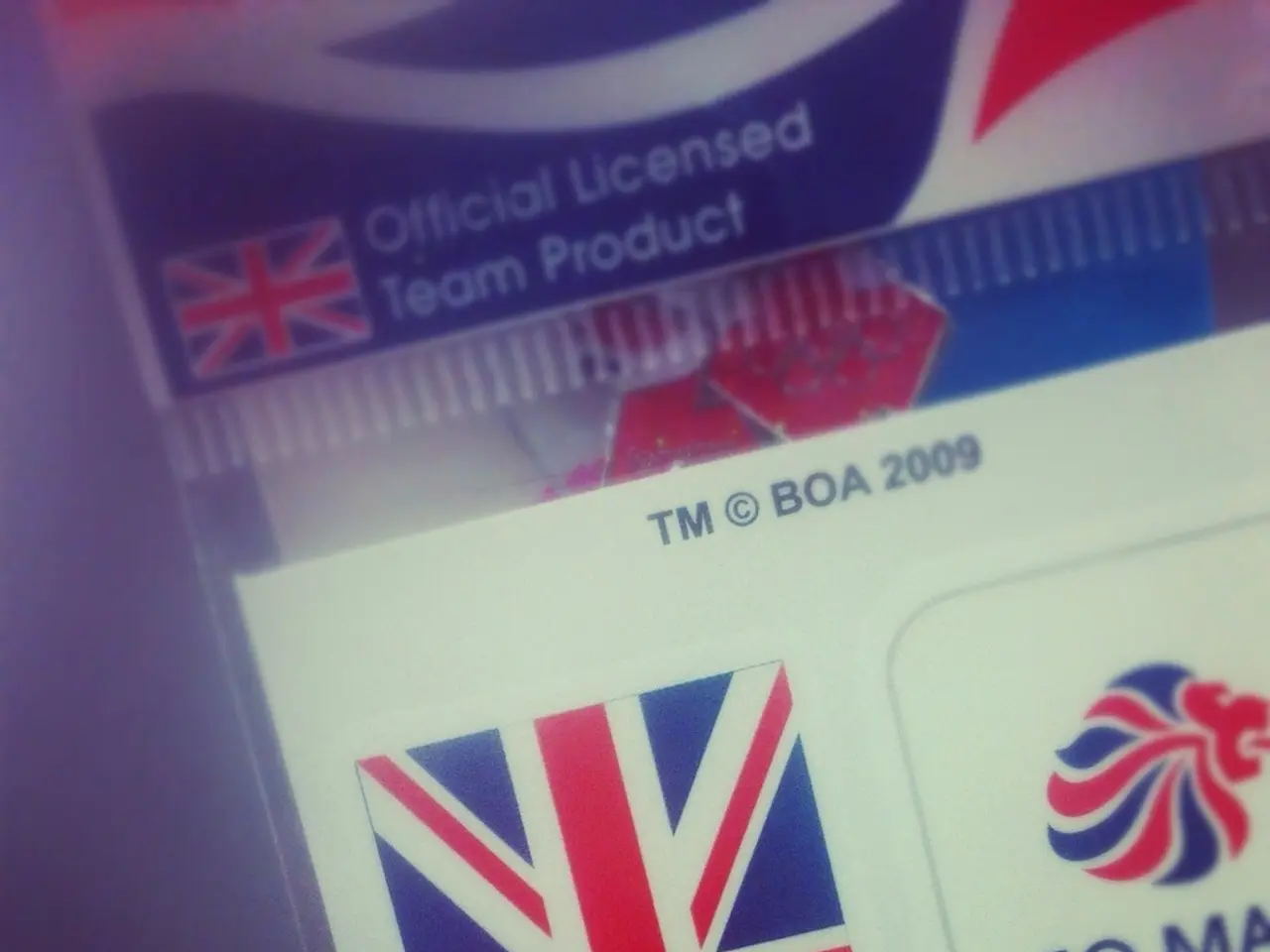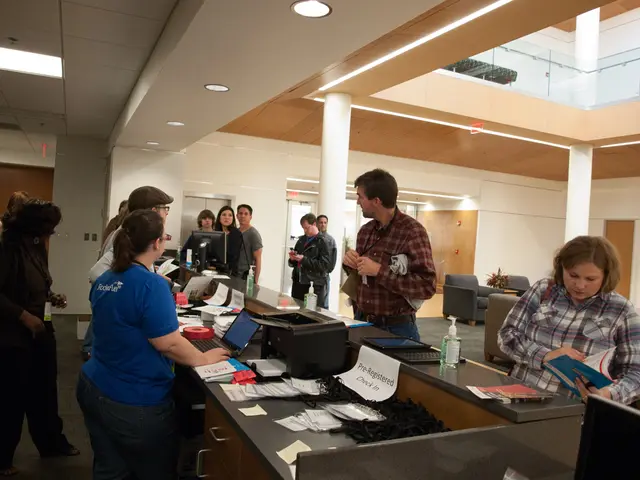Unveiling Export Regulation Breaches: Confessing is Key to Escaping Criminal Charges, as Demonstrated by the Department of Justice's Actions
USRA Avoids Prosecution in Export Control Violations Case
The Department of Justice (DOJ) has declined to prosecute the Universities Space Research Association (USRA) for criminal export control violations, marking an important moment in the enforcement of export control laws.
The decision not to prosecute USRA was made in light of the organisation's timely and proactive self-disclosure of the violations, its robust compliance program, and its full cooperation with the government's investigation.
According to the DOJ, voluntary self-disclosure (VSD) and robust compliance programs play a critical role in criminal export control investigations. Companies that self-disclose potential violations, cooperate fully with investigations, and remediate compliance deficiencies are more likely to receive leniency, including non-prosecution agreements or reduced penalties.
In the USRA matter, the DOJ highlighted the timely and proactive cooperation of USRA, noting that the disclosure was made less than three months after outside counsel was retained and before the internal investigation's completion. This demonstrates the importance of prompt, voluntary self-disclosure in facilitating rapid remedial action.
USRA undertook timely and appropriate remediation measures, including terminating Soong's employment, disciplining a supervisory employee, paying restitution to the government, and improving its internal controls and compliance program.
The DOJ's announcement underscores the importance of companies having strong internal compliance and training programs to detect and potentially prevent potential export control and sanctions violations. NSD considers whether a company has an adequate compliance program in place, examining factors such as resource allocation, independence, experience, and effectiveness of the compliance personnel.
The DOJ's decision in the USRA case emphasizes the importance of companies coming forward as soon as they uncover potential wrongdoing. This decision serves as an important early sign that the Trump Administration will continue to prioritize enforcement by rewarding corporate cooperation and compliance through the DOJ's voluntary disclosure program.
The USRA is considered a "responsible corporate actor" that took swift and proactive measures to disclose the employee's wrongdoing. Disclosures of potential criminal violations to the DOJ under its VSD policy are in addition to voluntary disclosures that might also be made to other government agencies like the Commerce, State, and Treasury departments.
The USRA's actions contrast with recent questions about the DOJ's ongoing commitment to national security corporate enforcement. The DOJ's action in the USRA case demonstrates that it continues to expect companies to come forward as soon as they uncover potential wrongdoing and will respond favorably to those that do.
Implications for Companies
Companies should prioritise the development and maintenance of robust compliance programs to detect and prevent potential export control and sanctions violations. A strong compliance program can help companies avoid prosecution and reduce penalties in the event of a violation.
WilmerHale can advise companies on various aspects related to sanctions and export control compliance, establishing effective internal compliance programs, periodic testing of compliance programs, and handling internal or government investigations for alleged export control or sanctions violations.
In the event of a violation, companies should consider self-disclosing the violation to the DOJ under its VSD policy and cooperating fully with the government's investigation. This can help reduce the severity of penalties and potentially avoid prosecution.
Table:
| Aspect | Role in Export Control Investigations | DOJ’s Approach & Impact | |---------------------------------|----------------------------------------------------|-------------------------------------------------------| | Voluntary Self-Disclosure (VSD) | Signals transparency, triggers DOJ leniency | May lead to declined prosecution or reduced penalties | | Compliance Programs | Demonstrates commitment to lawful conduct | Required for remediation; impacts penalty severity | | Cooperation and Remediation | Encouraged to facilitate investigations | Can mitigate or avoid criminal resolutions | | Failure to Disclose or Cooperate | Increases risk of prosecution and heavier penalties | Treated as aggravating factor that worsens outcomes |
This DOJ enforcement philosophy encourages companies like USRA to self-report violations and maintain robust compliance programs, which can result in the DOJ declining prosecution—a practical demonstration of the DOJ’s Enforcement Policy for Business Organizations.
The decision not to prosecute USRA underscores the importance of technology-powered compliance programs that can detect and prevent potential export control and sanctions violations.Companies like USRA, that utilize technology to strengthen their compliance programs and self-disclose potential violations, may be more likely to receive leniency from the Department of Justice, such as declined prosecution or reduced penalties.




